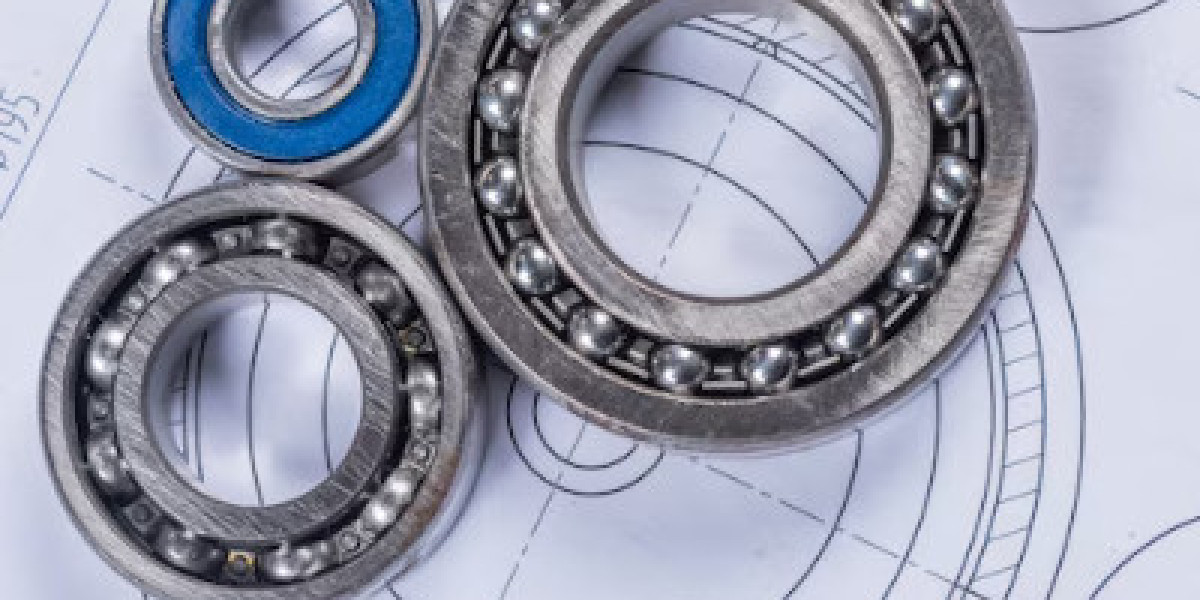Introduction
For industries that rely on precision and efficiency, ensuring smooth linear motion is critical. Linear ball bearings have become the go-to solution for engineers and manufacturers seeking to minimize friction and maximize accuracy. But what exactly makes these components so valuable? This article explores the working principle, advantages, and key uses of linear ball bearings in industrial settings.
How Do Linear Ball Bearings Work?
Linear ball bearings operate by using a set of small steel balls that circulate within a retainer, positioned between a shaft and the bearing housing. As the shaft moves, the balls roll smoothly, reducing friction and allowing precise linear motion. This rolling action is far superior to sliding, where surface friction leads to energy loss, wear, and decreased accuracy.
Key Advantages of Linear Ball Bearings
There are several reasons why industries prefer linear ball bearings over other linear motion solutions:
Low friction: The rolling balls drastically reduce resistance, making movement more energy-efficient.
High load capacity: Despite their compact size, these bearings can handle substantial loads, supporting both light and heavy-duty applications.
Long service life: With less friction and wear, linear ball bearings last longer, reducing downtime and replacement costs.
Accurate positioning: Essential for tasks that require tight tolerances, such as in semiconductor equipment or optical devices.
Common Applications
Industries ranging from medical equipment manufacturing to aerospace heavily rely on linear ball bearings. They’re used in:
Automated machinery
3D printers and laser cutters
Precision measuring devices
Packaging and labeling machines
In each case, the use of linear ball bearings enhances performance, consistency, and overall equipment reliability.
Conclusion
Without linear ball bearings, many industrial applications would face increased friction, wear, and inefficiency. These bearings offer a cost-effective and reliable solution for smooth, precise linear motion, making them a cornerstone in various advanced engineering systems. For optimal performance, selecting high-quality linear ball bearings ensures your equipment runs smoothly and efficiently for years to come.






